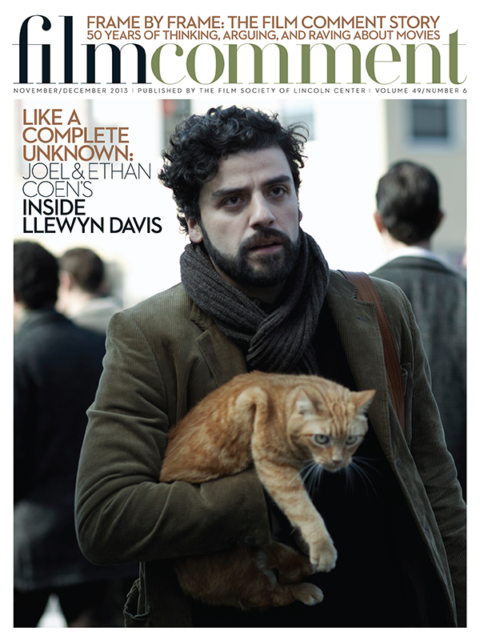A timeless feminist parable about the plight of wives and mistresses who are unable to establish equality with their stronger lovers, Ralph Fiennes’s The Invisible Woman has as its object of desire a nationally beloved but selfish alpha male. Never mind that he had already completed 11 full-length novels, Charles Dickens (played by Fiennes) was a gregarious and dynamic stage actor-director when, in 1857, he fell in love with Nelly Ternan (Felicity Jones). Along with her more gifted mother (Kristin Scott Thomas) and one of her sisters, he hired Nelly to appear in a Manchester production of a play, The Frozen Deep, which he had written with his friend Wilkie Collins (Tom Hollander), an exemplar of Bohemian cohabitation.

A scene in which Dickens encounters a young prostitute underlines that not only is he a devout social crusader, but that he is also the last man to exploit a vulnerable girl. And yet that’s exactly what he does to Nelly when he secludes her as a kept woman, warning her that (though separated from his wife Catherine) he will only be able to visit her when his family commitments and work allow.
The resignation with which Nelly greets this information, echoes that of the woman she has replaced. When the plump, plain Catherine (Joanna Scanlan), who has borne 10 Dickens children, is cruelly forced by him to bring the slender, beautiful Nelly a bracelet he had bought for her birthday, she solemnly hands it over and offers some gentle advice about the futility of trying to monopolize Dickens’s time. It’s a moment of excruciating humiliation for which Nelly will subsequently berate him.
Yet Dickens is neither pariah nor saint. Abi Morgan, who adapted the script from Claire Tomalin’s revelatory 1991 Ternan biography, isn’t invested in turning viewers against the author but in questioning the integrity of any man, even one yearningly in love, who seduces a girl not yet 20 years old and abandons his middle-aged wife. On this level, The Invisible Woman is unfashionably moral—if not moralistic.

Dickens and Nelly’s relationship was scarcely the Roman Polanski and Nastassja Kinski hookup of its day, though they may have been the mid-Victorian Woody Allen and Soon-Yi Previn. Together 13 years, Dickens and Nelly were separated only by his death in 1870. Visualized in its early stages by spatial distance and an absence of lyricism, an expression of Nelly’s reticence and the sexual repression imposed by the age, the affair latterly blooms in a cadenza of close-up intimacies, as when, exiles from London gossip, they enjoy a rural idyll in France.
The romance is recalled in flashback by Nelly, who in the film’s framing sequences is the 44-year-old wife of an innocuous dullard, and the mother of two young children. Directing a production of the Collins- Dickens play No Thoroughfare for the boys school in Kent that the couple runs has caused Nelly’s troubled feelings about Dickens to resurface, to the extent that, flirting with neurasthenia, she loses track of time and restlessly wanders the Margate sands.
The Invisible Woman is a near perfect example of a costume drama that makes no concession to the Downton Abbey school of novelettish melodrama. Beyond the use of chiaroscuro lighting, Dickensian ambience has been avoided in favor of uninflected naturalism. Jones’s exquisite portrayal of a virtuous, principled woman capable of hypocrisy epitomizes the subtlety of the film, which feels like Fiennes’s feminine riposte to his overtly masculine Coriolanus. Much of its power resides in its rhymes: the twinned theater productions; or the shots of Dickens and Nelly facing each other, together but apart. Nelly’s fate is rendered by a recurring motif of enclosing her within frames, mostly windows—a woman trapped by more than corsets.








